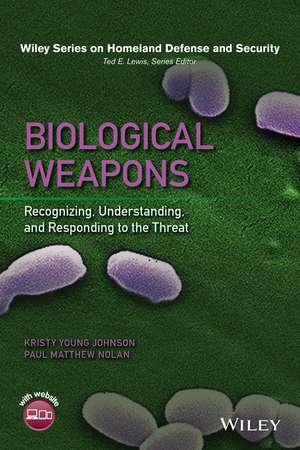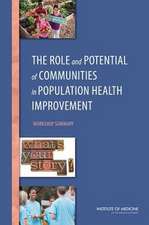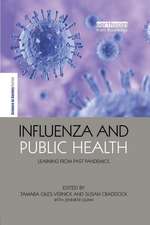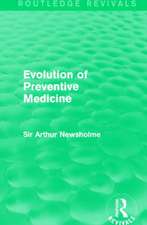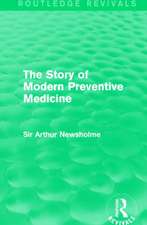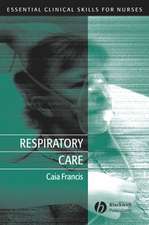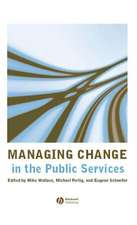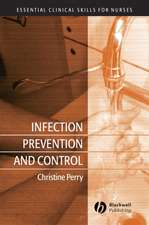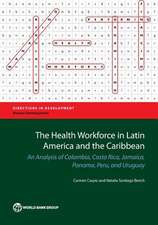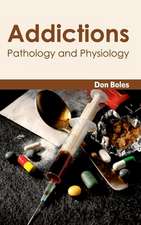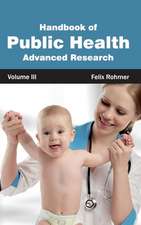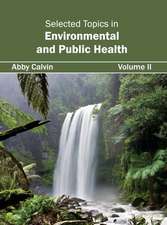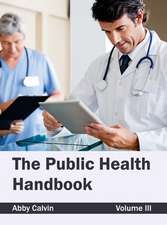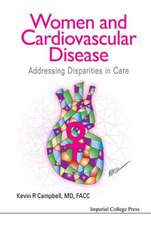Biological Weapons: Recognizing, Understanding, an d Responding to the Threat: Wiley Series on Homeland Defense and Security
Autor Johnsonen Limba Engleză Hardback – 20 iun 2016
Preț: 902.20 lei
Preț vechi: 949.68 lei
-5% Nou
Puncte Express: 1353
Preț estimativ în valută:
172.66€ • 178.12$ • 146.13£
172.66€ • 178.12$ • 146.13£
Carte tipărită la comandă
Livrare economică 05-19 martie
Preluare comenzi: 021 569.72.76
Specificații
ISBN-13: 9781118830598
ISBN-10: 1118830598
Pagini: 360
Dimensiuni: 157 x 241 x 29 mm
Greutate: 0.7 kg
Ediția:2nd Edition
Editura: Wiley
Seria Wiley Series on Homeland Defense and Security
Locul publicării:Hoboken, United States
ISBN-10: 1118830598
Pagini: 360
Dimensiuni: 157 x 241 x 29 mm
Greutate: 0.7 kg
Ediția:2nd Edition
Editura: Wiley
Seria Wiley Series on Homeland Defense and Security
Locul publicării:Hoboken, United States
Public țintă
Undergraduate students of any academic major; the course would fit well into a Biology or Criminal Justice curriculum as well as military, law enforcement, homeland security, and first–responder training programsReaders involved in various aspects of Homeland Security, including members of the military and law enforcement communities, medical personnel, security (both physical and biosecurity) and biological safety, industrial hygienists, safety engineers, policymakers, law enforcement, food/agriculture, transportation researchers
